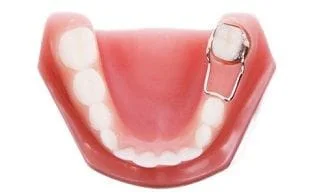- Oral Discomfort After Cleaning
- Care of Sealants
- Space Maintainers
- Local Anesthesia (Numbing)
- Restorations
- Extractions
- Nitrous Oxide (Laughing Gas)
- Oral Sedation & General Anesthesia
Oral Discomfort After a Cleaning
A thorough cleaning unavoidably produces some bleeding and swelling and may cause some tenderness or discomfort. This is not due to a “rough cleaning” but to tender and inflamed gums from insufficient oral hygiene.
We recommend the following for 2-3 days after a cleaning is performed: 1) Warm salt water rinse 2-3 times/day 2) For discomfort, use Children’s Tylenol, Advil, or Motrin as directed for the age of the child Please do not hesitate to contact the office if the discomfort persists more than 7 days or if there are any questions.
Care of Sealants
Sealants keep out plaque and food by covering the pits and fissures of molar teeth, thereby reducing the risk of decay. Since the covering is only applied to the biting surface of the tooth, areas on the side and between teeth cannot be coated with sealant.
Good oral hygiene and nutrition are still very important in preventing decay next to these sealants or in areas unable to be covered. During your child’s regular dental visits, Dr. David and the team will check the condition of the sealants and reapply them when necessary. Your child should refrain from eating ice or hard candy which can injure molar teeth and fracture the sealant.
Space Maintainers

When a baby molar is lost early due to decay or injury, it is often necessary to place an appliance that will keep a space available for the adult tooth to emerge into. Without these appliances, neighboring teeth shift and prevent the adult successor from erupting. This can cause a need for costly orthodontic treatment later on.
This appliance is held in place by bands cemented onto the teeth. If the bands or wire attachments become loose, please call the office for an appointment immediately. If not treated immediately, there is a good chance that the other teeth will shift their position and the appliance will no longer fit properly. There may be some slight discomfort with the newly cemented bands on the teeth. However, these problems should disappear as soon as the tongue and teeth have a chance to adjust to the presence of a space maintainer. Sticky foods, such as taffy, caramels, and chewing gum may loosen the cement under the bands. Therefore, patients should always avoid such foods. Bands and wires should be cleaned well to prevent irritation of the gums and supporting tissues. Periodic checks of these appliances are very important so please keep your scheduled appointments.
Local Anesthesia
Many of the dental procedures we perform such as fillings, stainless steel crowns, and extractions, require that your child receive an anesthetic to keep them comfortable.
Your child's mouth will generally be numb for one to two hours after a procedure. Until the numbness wears off, please monitor your child closely following their dental procedure to make sure they do not bite their tongues, lips, or cheeks. It is also best to avoid difficult to chew foods until the numbness wears off. A lip chewed by a curious child will often result in substantial swelling. Using a cold compress and keeping the area clean will help this resolve in a few days.
Please note that some children become very upset and complain of "pain" when they realize their mouth feels different. Please do not be alarmed! This is an unfamiliar sensation that gets associated with pain. Reassure your child that the "funny feeling" will go away soon and use distraction to help soothe them. This is a great time for popsicles, frozen yogurt or ice cream, and a favorite program.
Restorations
If your child has a filling or stainless steel crown (silver cap) placed, it is not uncommon to have some discomfort around the tooth for a few days. Either by our instruments working near the gums, or from the new edge of a crown placed at the gumline, you may see redness, bleeding, and/or bruising in the area.
Although the area may be sensitive, it is very important to keep the area clean so that additional inflammation of the gums does not occur. If you are unable to use a toothbrush in the first day or two following the procedure, please take care to gently swab the area with a soft washcloth or wet gauze to remove plaque and food debris. Salt water rinses may also be helpful. Alternate Tylenol (acetaminophen) and Motrin (ibuprofen) as needed for pain, following the instructions on the back of the package for your child's weight.
Extractions
Following the extraction of a tooth, it is not uncommon to experience slight swelling and bleeding in the area. Blood mixing with saliva in the mouth often gives the appearance of more bleeding than what is actually happening. We will have your child bite down on a gauze pillow to help the bleeding stop as well as give you extra gauze for when you leave the office. Bleeding will usually stop within 20-30 minutes of applying direct pressure. If the bleeding continues, have your child bite on new gauze for another 20-30 minutes.
Please avoid hot foods that make more blood rush to the area as well as hard foods like chips and crackers that can disrupt the blood clot we are trying to protect. Also avoid spitting, drinking from straws, or placing fingers or the tongue in the socket for 1-2 days following an extraction.
Again, alternating Tylenol (acetaminophen) and Motrin (ibruprofen) as well as maintaining excellent oral hygiene will help with comfort and recovery. However, avoid directly brushing the extraction wound in the days following the procedure.
Nitrous Oxide (Laughing Gas)

Nitrous oxide (laughing gas) is an extremely safe and effective way to have children feel more at ease in the dental chair. In addition to decreasing anxiety, suppressing gag reflexes, and helping little ones remain still for own their safety, the rubber nose that is worn blocks their view of scary dental instruments while they enjoy the TV's we have mounted on the ceiling above them.
Your child will remain awake, alert, and interactive throughout. At the end of the procedure they will be given 100% oxygen to completely clear the nitrous oxide from their body. There are no lingering effects or limitations on their activity once they leave the dental office.
Oral Sedation & General Anesthesia

Both before and after any sedation or general anesthesia appointment, Dr. David and our staff will take time to speak with you extensively about caring for your child following their procedure. A detailed information packet will be reviewed with you covering topics such as transportation safety, dietary considerations, and restrictions on activity.
Should you have any questions or concerns, please contact us at the emergency after-hours number provided to you.
